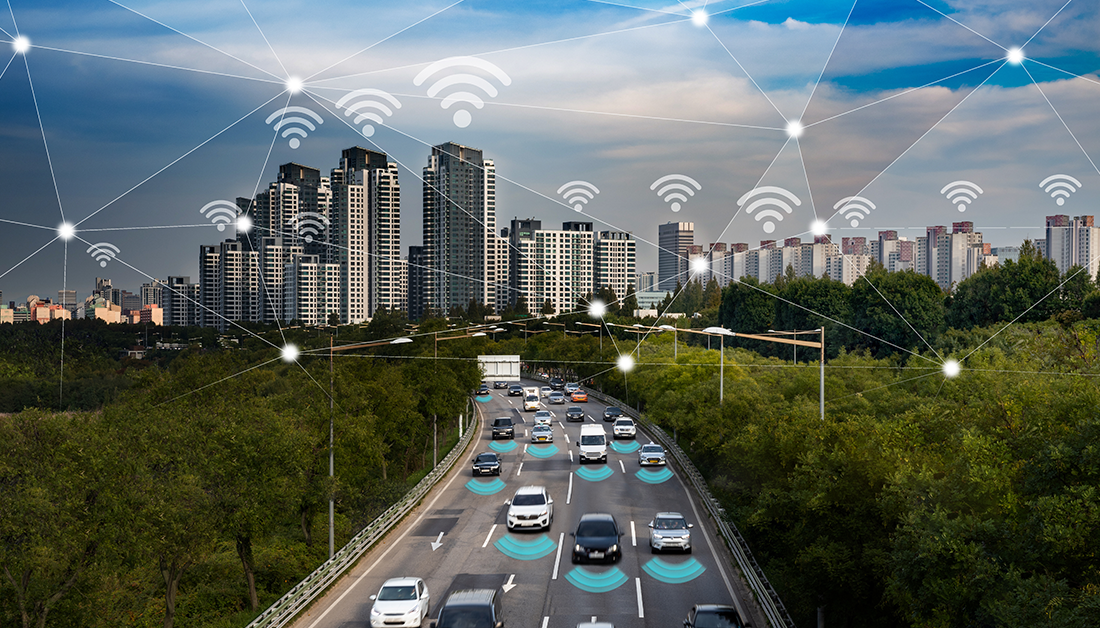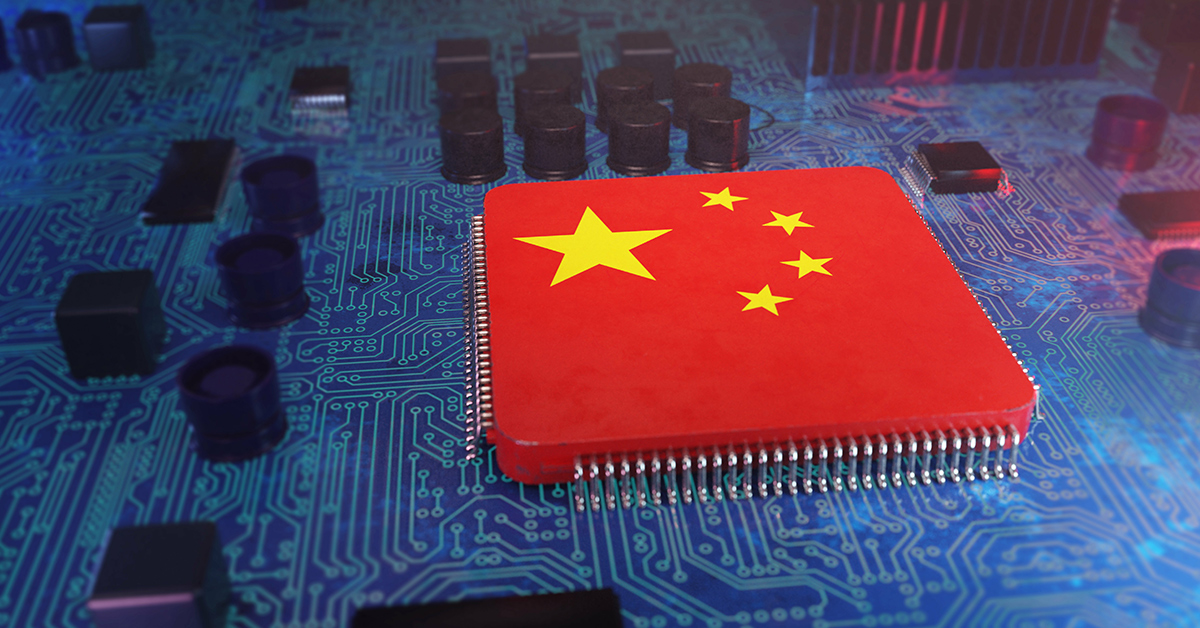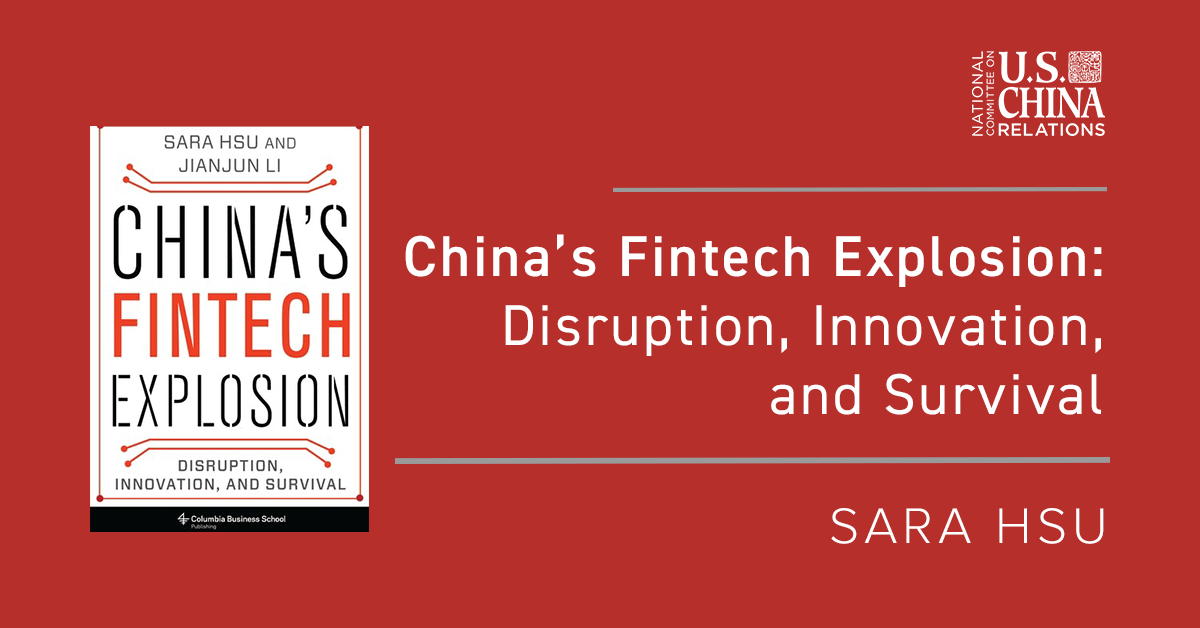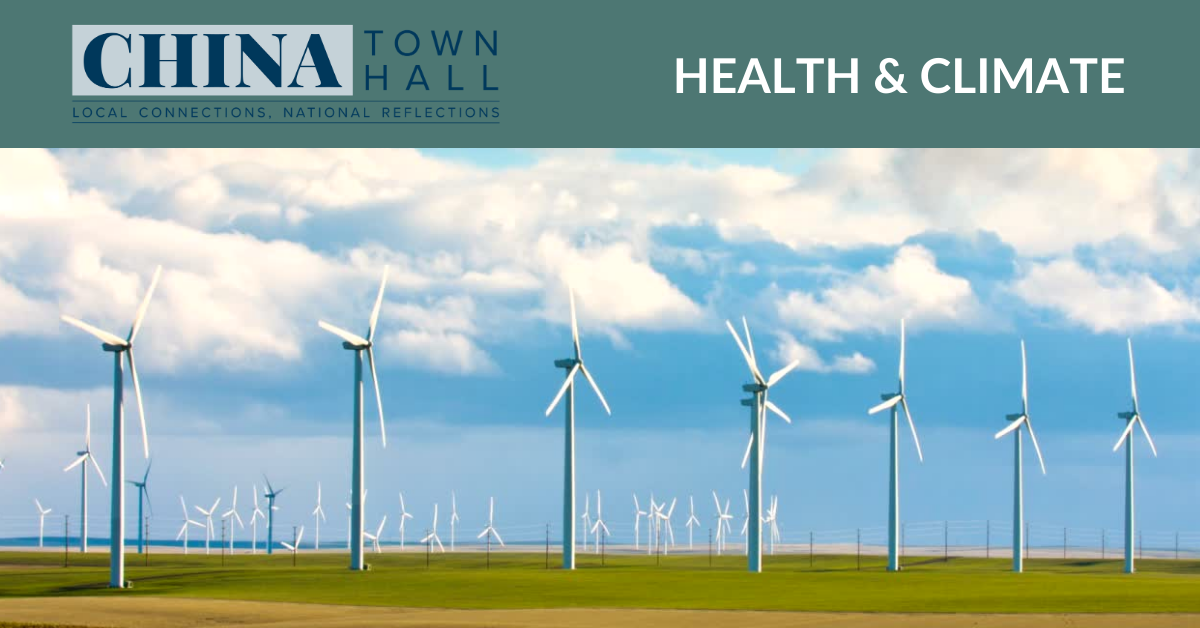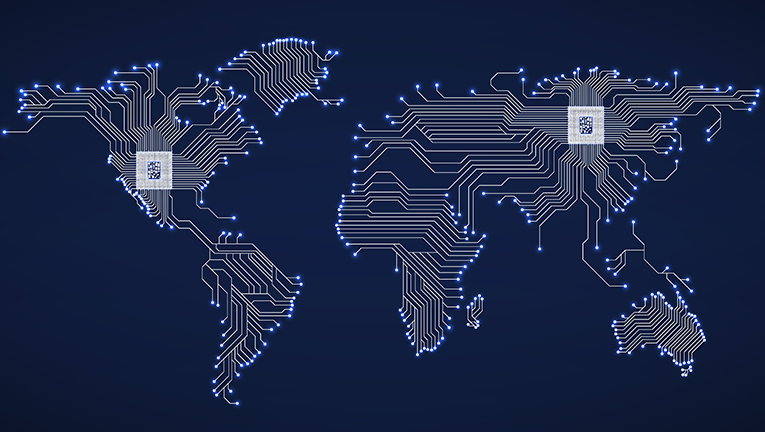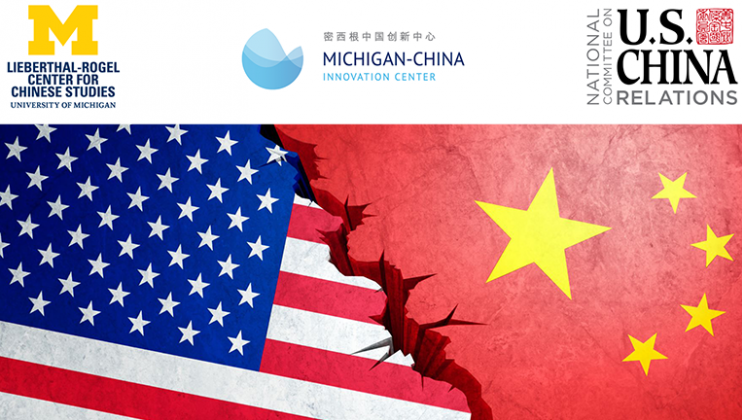John Wall, Michael Yuan, and Karlyn Stanley discussed the state of autonomous vehicle development and regulation in the United States and China.
Winston Ma explored China’s innovation in the newest tech areas: the Internet of Things, AI, blockchain, cloud computing, and data analytics.
How Chinese science fiction may provide a window into national aspirations and sources of potential conflict as China aims to become a global innovation leader.
Economist and author Sara Hsu analyzes the risks, rewards, and impact of the financial technology industry in China and beyond.
As the United States and China face an increasing array of global issues, cooperation and coordination between the world's two great powers will be essential. Margaret Hamburg, Ryan Hass, and Angel Hsu examine this dynamic from the perspectives of climate change and global health, as both countries address the challenges and opportunities of the 21st century.
What do the Executive Orders banning transactions with ByteDance and Tencent mean for U.S.-China technology decoupling and bilateral venture capital investing?
As U.S.-China relations continue to deteriorate, two components of the relationship that have been successful in the past are increasingly coming under attack: higher education and scientific collaboration.
A moderated discussion featuring five track II healthcare dialogue participants (three American, two Chinese), on the current state of and key takeaways from the COVID-19 pandemic, as well as main points from the most recent U.S.-China Track II Dialogue on Healthcare.
NCUSCR board director William Ford, CEO of General Atlantic, discussed the future of cross border technology investment and market access.
Anja Manuel and Paul Triolo discussed the policies that contributed to China's technological rise, the geopolitical implications of this rise, how U.S. firms should approach this new order, and how recent developments, such as the Phase I trade agreement and COVID-19 pandemic, have affected technological collaboration.
